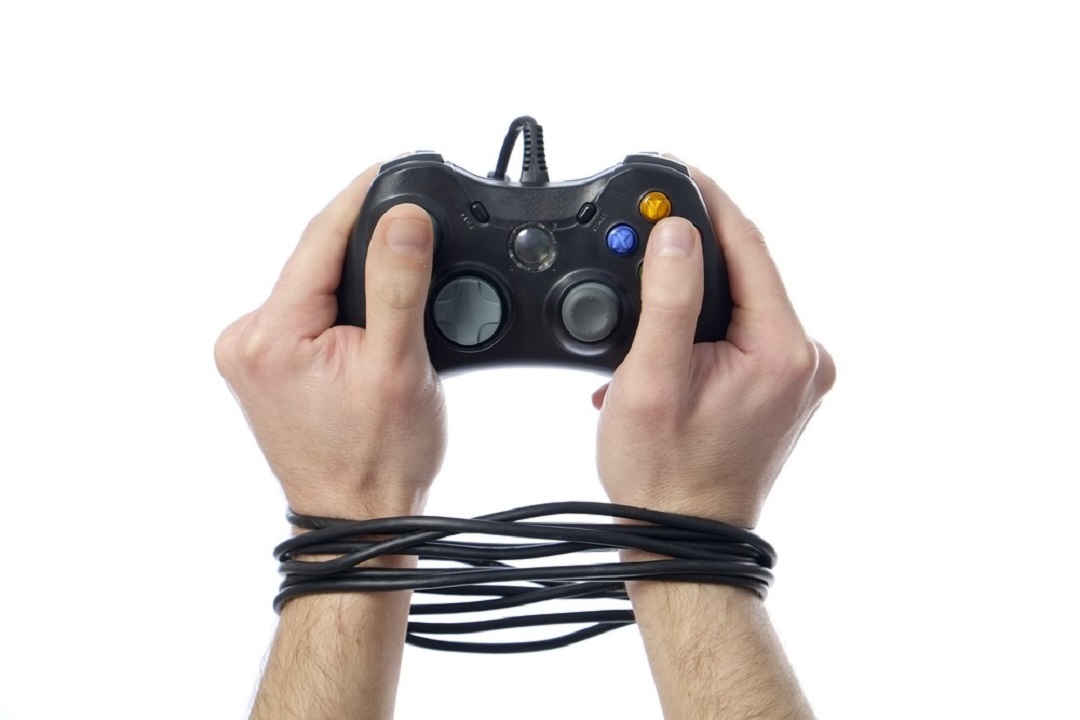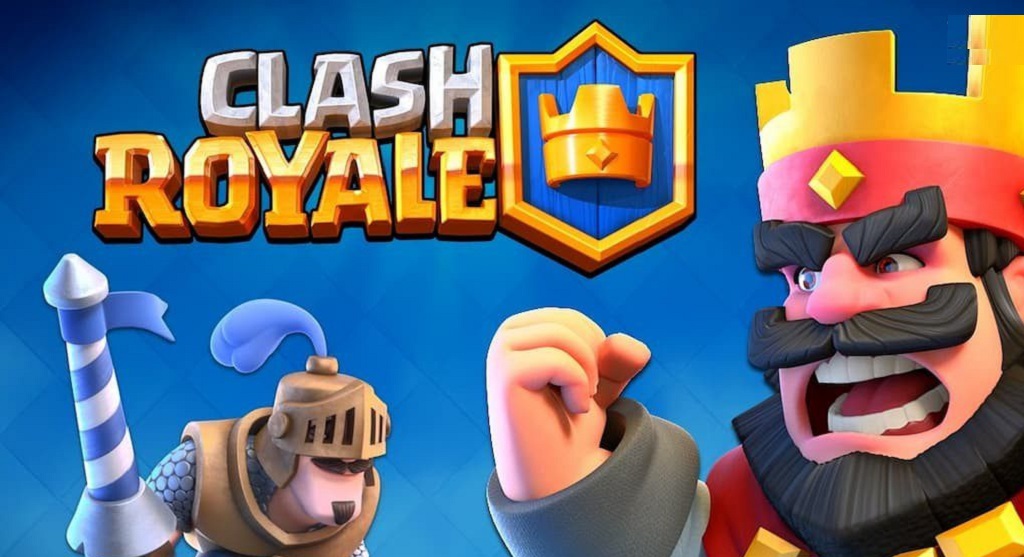Ever found yourself glued to your gaming console or computer screen for hours on end, losing track of time and neglecting other responsibilities? You’re not alone. Gaming addiction, also known as gaming disorder, has become a growing concern in today’s digital age. But what exactly causes this addictive behavior?
1. Escapism
One of the primary reasons people become addicted to gaming is escapism. Video games offer a virtual world where players can escape from the stress, challenges, and monotony of real life. In the game world, they can be whoever they want to be, achieve goals, and experience a sense of accomplishment that may be lacking in their everyday lives.
2. Social Connection
For many gamers, online multiplayer games provide a sense of social connection and camaraderie. The ability to interact with friends and strangers in virtual environments can be highly addictive, especially for individuals who struggle with social anxiety or have difficulty forming relationships in real life.
3. Reward System
Video games are designed to be engaging and rewarding, with built-in mechanisms such as leveling up, earning achievements, and unlocking new content. These rewards trigger the brain’s pleasure centers, releasing dopamine and reinforcing the behavior, much like other addictive activities such as gambling or drug use.
4. Competition
The competitive nature of many video games can also contribute to addiction. Whether it’s striving to climb the ranks in a competitive shooter or mastering complex strategies in a multiplayer online battle arena (MOBA) game, the thrill of competition and the desire to outperform others can drive players to spend countless hours honing their skills.
5. Lack of Regulation
Unlike other forms of addiction, such as substance abuse, gaming addiction often goes unnoticed or overlooked until it becomes a significant problem. With the rise of mobile gaming and the accessibility of gaming platforms, individuals of all ages can easily get caught up in gaming without realizing the potential consequences.
FAQs (Frequently Asked Questions)
1. How do I know if I’m addicted to gaming?
Signs of gaming addiction include neglecting responsibilities, experiencing withdrawal symptoms when unable to play, prioritizing gaming over social activities or hobbies, and feeling irritable or restless when not gaming. If gaming is negatively impacting your life, it may be a sign of addiction.
2. Is gaming addiction a real disorder?
Yes, gaming addiction is recognized as a legitimate disorder by the World Health Organization (WHO) and the American Psychiatric Association (APA). It is classified as a behavioral addiction similar to gambling disorder.
3. Can gaming addiction be treated?
Yes, gaming addiction can be treated through various therapeutic approaches, including cognitive-behavioral therapy (CBT), family therapy, and support groups. Treatment typically focuses on addressing underlying issues, developing healthier coping mechanisms, and establishing balance in one’s life.
4. Are all gamers at risk of addiction?
While anyone can potentially develop a gaming addiction, certain factors may increase the risk, such as a predisposition to addiction, underlying mental health issues, a lack of social support, and excessive gaming behavior from a young age. However, not all gamers will develop addiction.
5. How can I help someone with gaming addiction?
If you’re concerned about someone’s gaming habits, approach them with empathy and understanding. Encourage open communication, express your concerns without judgment, and offer support in finding professional help if needed. Remember to focus on their well-being and avoid blaming or shaming them for their behavior.






